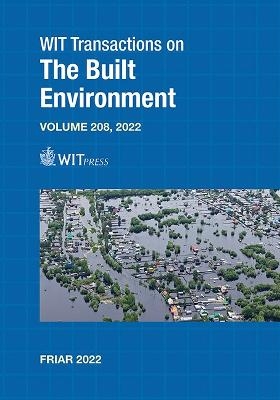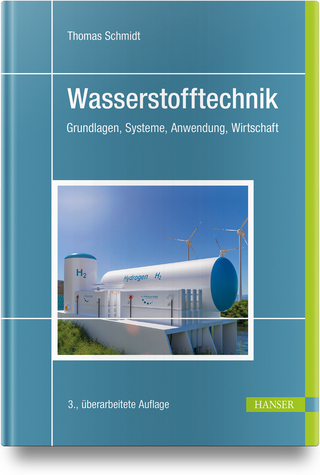
Urban Water Systems & Floods IV
WIT Press (Verlag)
978-1-78466-469-5 (ISBN)
Flooding is a global phenomenon that claims numerous lives worldwide each year. When flooding occurs in urban areas, it can cause substantial damage to property as well as threatening human life. In addition, many more people must endure the homelessness, upset and disruption that are left in the wake of floods. The increased frequency of flooding in the last few years, coupled with climate change predictions and urban development, suggest that these impacts are set to worsen in the future. How we respond and importantly, adapt to these challenges is key to developing our long term resilience at the property, community and city scale.
As our cities continue to expand, their urban infrastructures need to be re-evaluated and adapted to new requirements related to the increase in population and the growing areas under urbanization. We also need to consider more nature-based interventions to the management of flood risk, including the adoption of more catchment-based approaches. These are now being recognised as being more sustainable and also able to achieve wider benefits to the environment and society as a whole.
Water supply systems and urban drainage are also increasingly important due to this expansion. Topics such as contamination and pollution discharges in urban water bodies, as well as the monitoring of water recycling systems are currently receiving a great deal of attention from researchers and professional engineers working in the water industry. Mitigating losses from water distribution networks and effective, efficient and energy-saving management are key goals for optimising performance and reducing negative impacts. Sewer systems are under constant pressure due to growing urbanization and climate change, and the environmental impact caused by urban drainage overflows is related to both water quantity and water quality.
This book is aimed at researchers, academics and practitioners involved in research and development activities across a wide range of technical and management topics related to urban water and flooding and its impacts on communities, property and people.
Section 1: Flood modelling
What happened in 2021? Analyzing the biggest Negro River flood in Manaus, Brazil; Incorporation of flow velocity in flood damage estimation: Ahr River valley 2021 study, Germany; Simulative flood damage modelling taking into account inundation level
and flow velocity: Uncertainties and strategies for further refinement
Section 2: Flood mitigation
Quarenta stream renaturalization: Harmony between development and historical preservation in Brazil; Private lot flood peak attenuation by stormwater detention tanks
Section 3: Modelling and experimentation
Identification of sewage exfiltration in coastal areas through the monitoring of drugs and stimulant concentrations in urban storm drains; Data integration, harmonization and provision toolkit for water resource management and prediction support; Categorising area models for stormwater fees at property level: A literature review; Water demand scaling laws and self-similarity properties of water distribution networks; Pressures–impact analysis of the Pacora River, Panama
| Erscheinungsdatum | 05.09.2022 |
|---|---|
| Reihe/Serie | WIT Transactions on The Built Environment ; 208 |
| Verlagsort | Southampton |
| Sprache | englisch |
| Maße | 178 x 254 mm |
| Themenwelt | Naturwissenschaften ► Biologie ► Ökologie / Naturschutz |
| Technik ► Bauwesen | |
| ISBN-10 | 1-78466-469-3 / 1784664693 |
| ISBN-13 | 978-1-78466-469-5 / 9781784664695 |
| Zustand | Neuware |
| Informationen gemäß Produktsicherheitsverordnung (GPSR) | |
| Haben Sie eine Frage zum Produkt? |
aus dem Bereich


